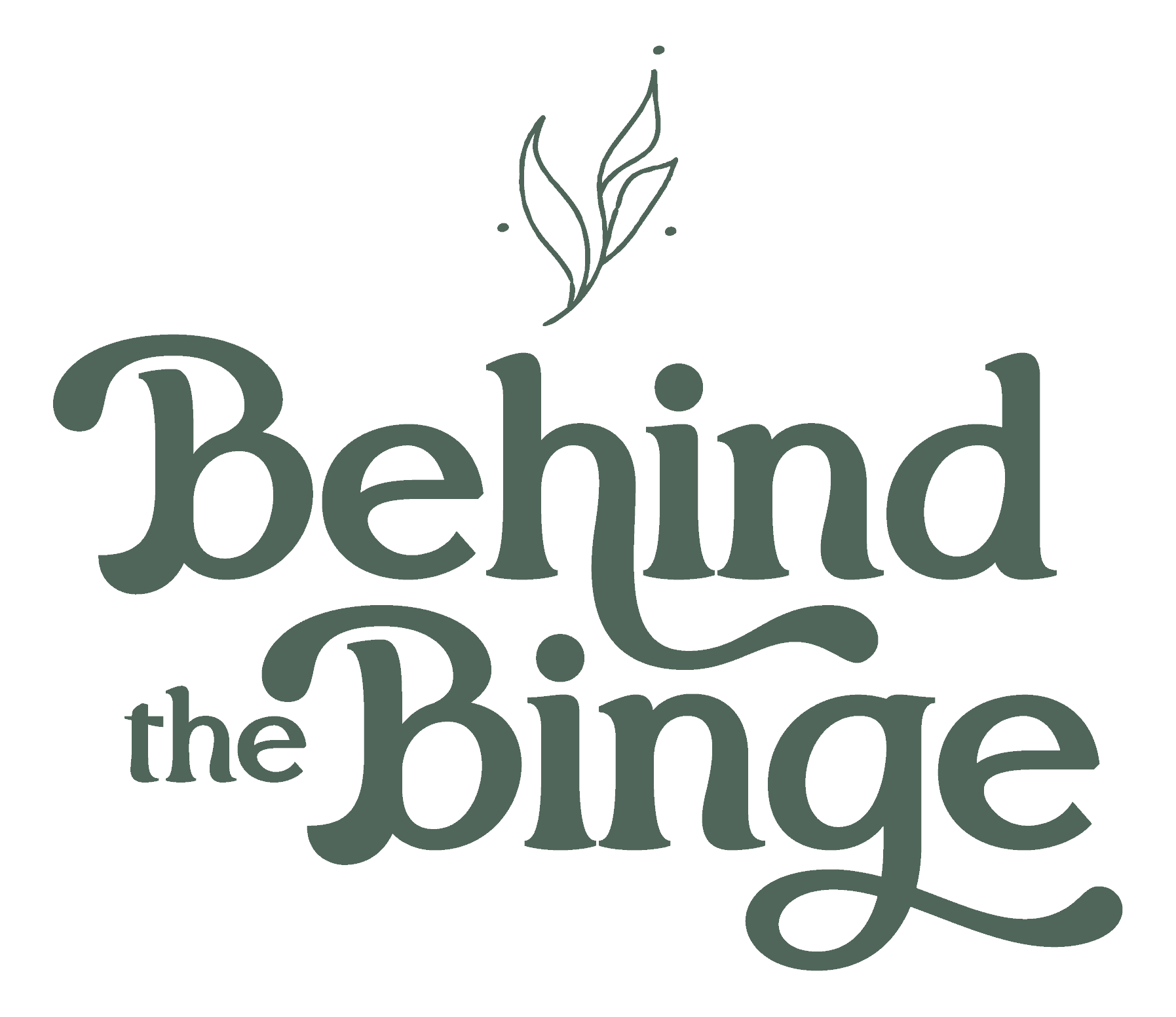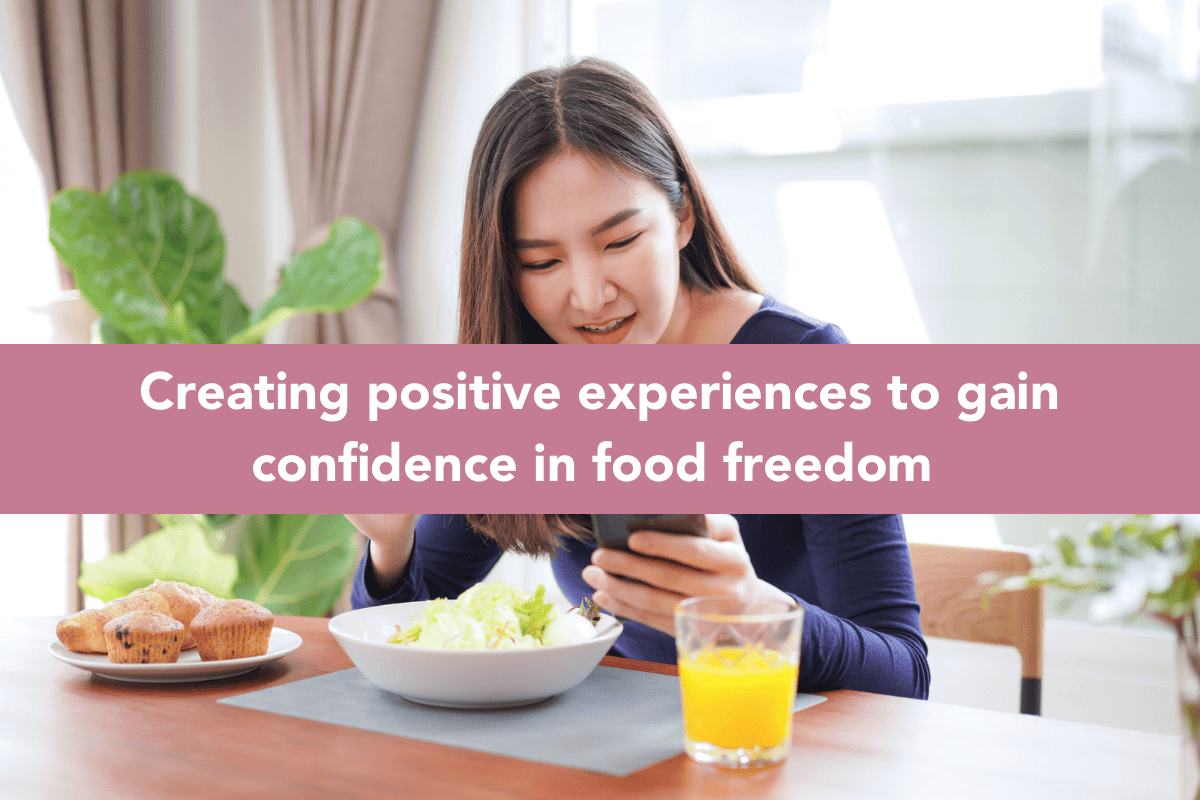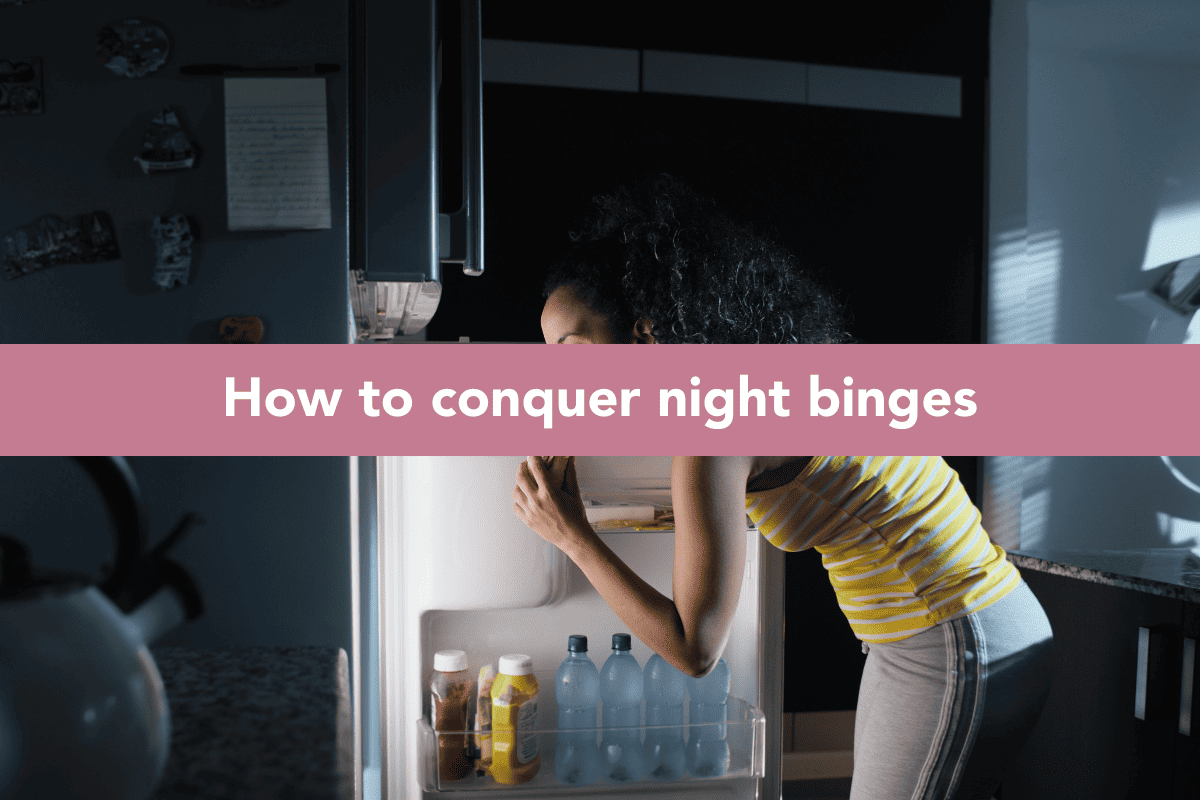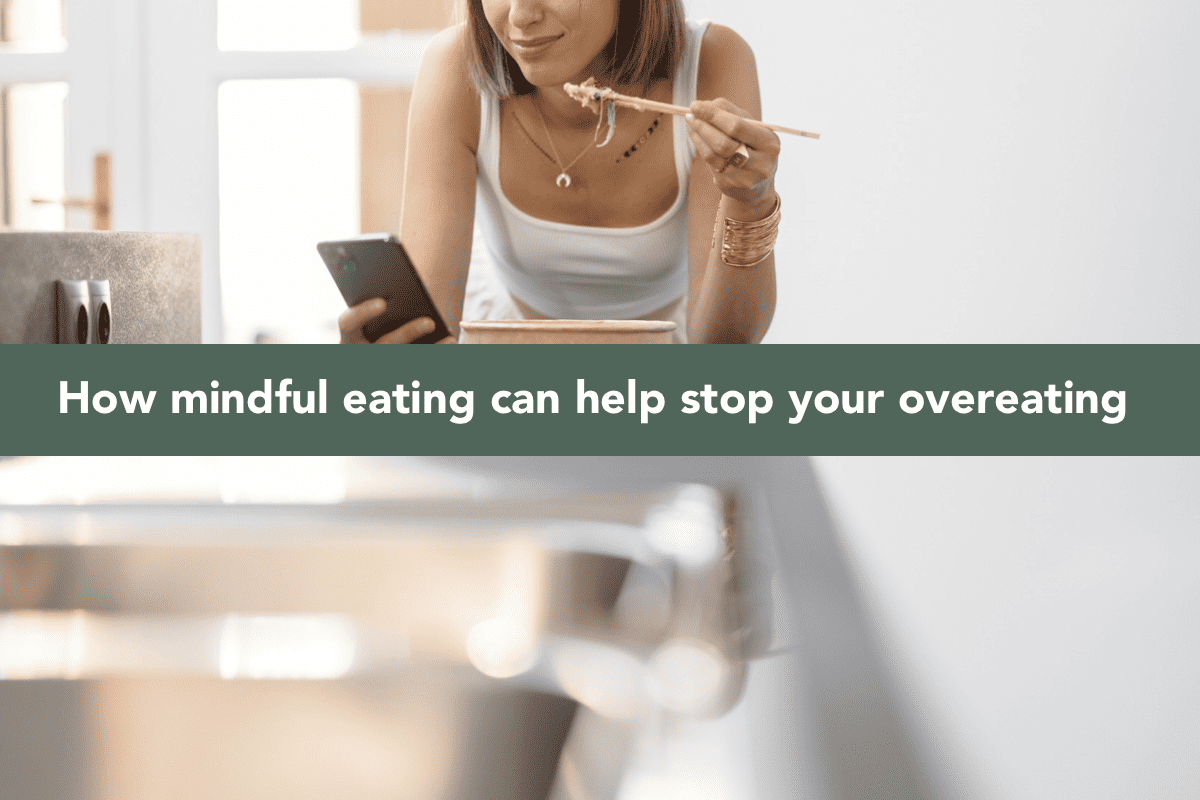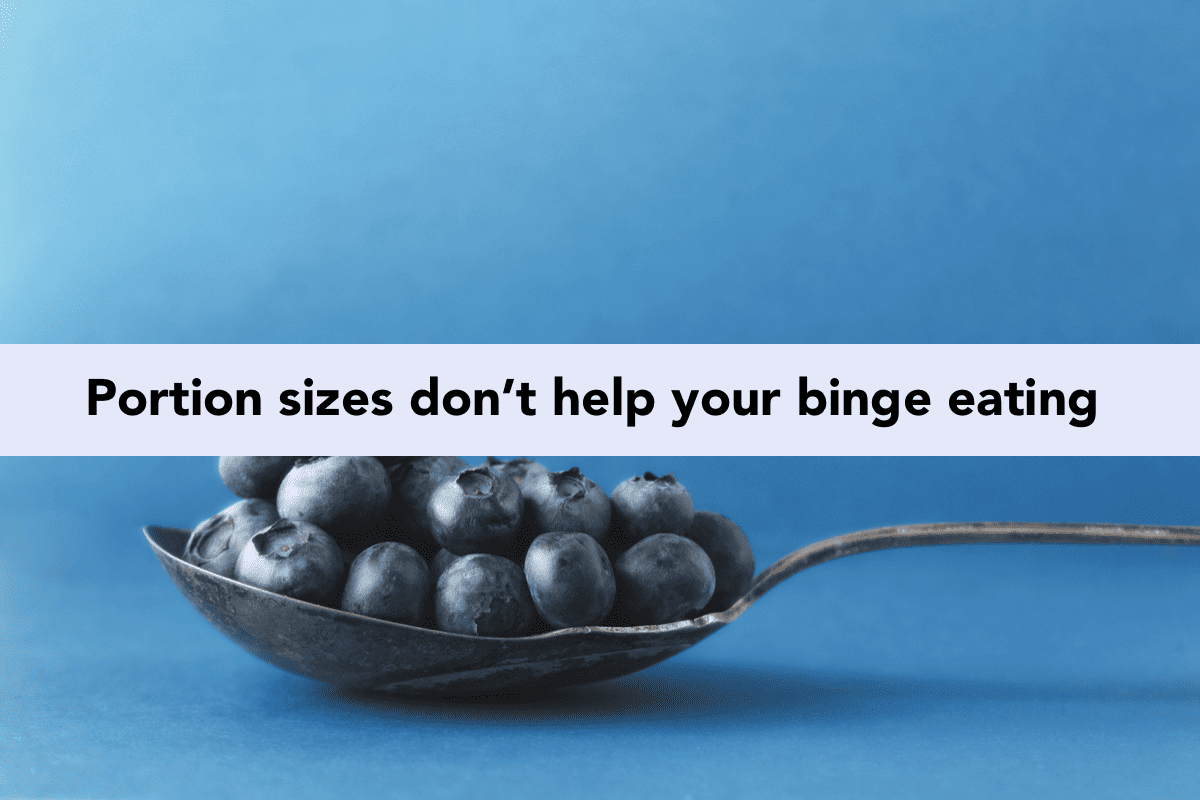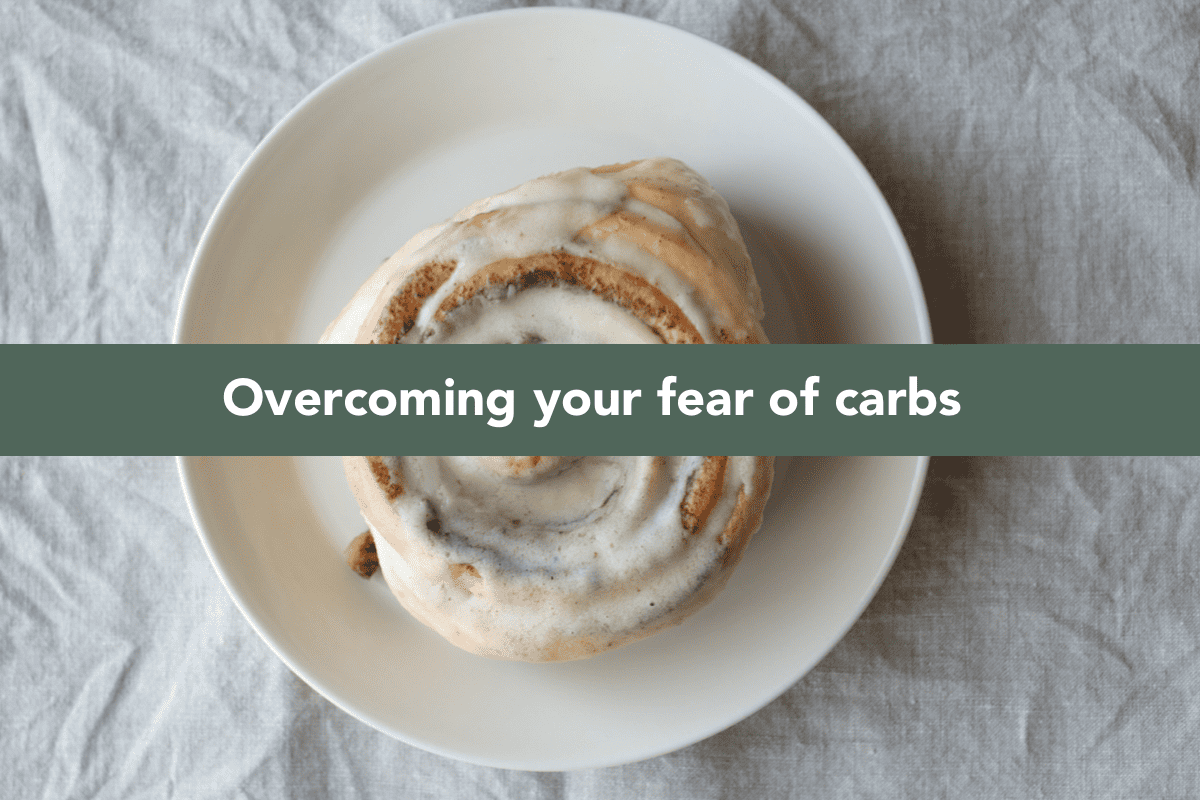When we talk about eating disorders, we often hear of anorexia and bulimia, since these tend to be the most common reported eating disorders. However, there is actually a wide spectrum of eating and feeding disorders that affect many individuals. Some people are unknowingly affected and therefore their disorder is unreported. Have you ever felt guilty for eating a food because it wasn’t organic or “healthy”? Do you feel like eating a piece of chocolate is going to ruin all the progress you’ve made this week? Those feelings of guilt or shame are just the tip of the iceberg for someone who suffers from orthorexia.
In today’s society we are exposed to many forms of diet culture that trigger disordered eating patterns and, in particular, orthorexia. Have you ever been scrolling on social media and see someone with the “ideal body” who is promoting a skinny tea? Maybe you even considered trying it because, I mean, if it works for them it’ll work for you too, right? You are not alone if this is a common conversation that plays out in your mind when exposed to social media.
If an individual has orthorexia but is trying to heal their relationship with food, they often feel that they “try to be good all day” and follow their low carb diet but then every night is spent in a puddle of tears over the ice cream they just ate. One major characteristic of orthorexia is restricting food. When you restrict foods you are also denying yourself foods that your body is naturally craving. Have you ever noticed that when you tell yourself you’re not going to eat cookies all week, that’s all you think about? The saying, we always want what we can’t have, applies here. Not only psychologically, but physically our bodies will want something more because we have told ourselves we can’t have it. This mental chatter ties into labeling foods as “good” or “bad” foods when we continue to tell ourselves we cannot have food because society has told us that the food is “bad,’ This negative cycle eventually leads to binge eating of the “untouchable” foods and further leads to negative psychological effects.
Like all eating disorders, orthorexia and binge eating are best treated with the help of a team. It is important to seek guidance from a dietitian, therapist, doctor and other necessary practitioners to help you heal and improve your relationship with food. It is important to be treated by a team because the various professionals assist in healing every aspect of your disordered eating. Disordered eating is not a one stop shop; it is complex and affects all different areas of health. With the help of a team of various professionals, you can make a full and thorough recovery.
Blog contribution by Kayla Abella, Dietetic Intern.
Review and Edited by Marissa Kai Miluk, MS, RDN, LD and Kaitlyn Allen MS, MEd, MS, RD.
If you’re ready to heal your relationship with food and your body. you’re in the right place! Join Behind The Binge Academy, my signature group coaching program so you can create a healthful life where you eat without guilt, stress or obsession.
